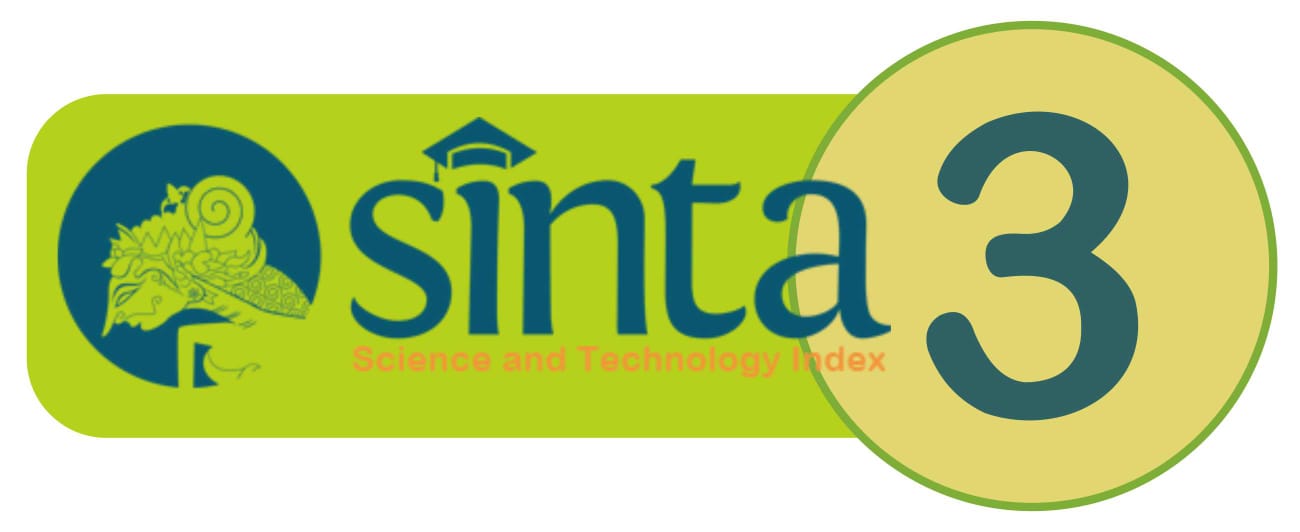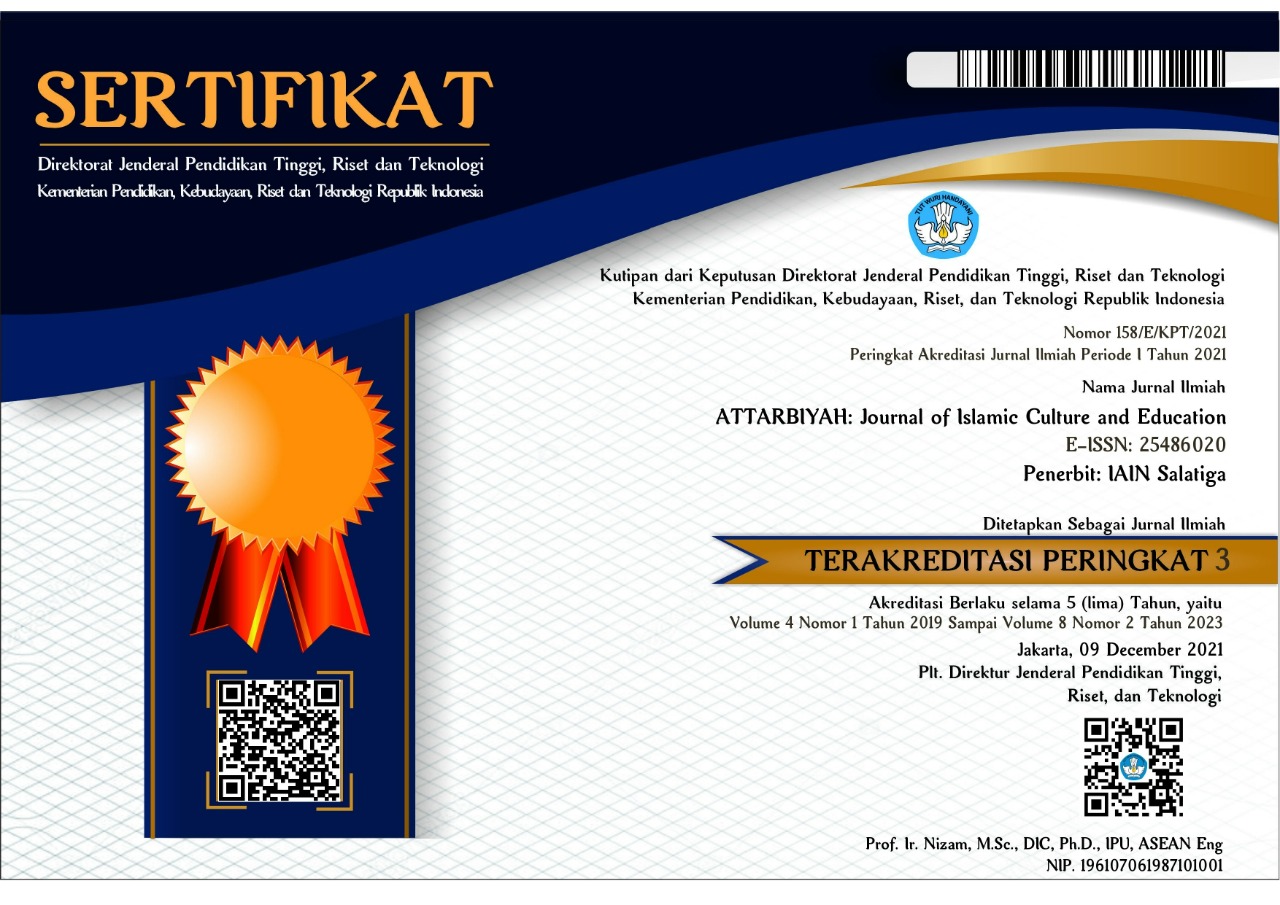Axiology of science in Islamic perspective
Abstract
The history of the development of science is inseparable from the history of the
development of the philosophy of science, the philosophy of science referred to here is the truth system of science as a result of radical, systematic and universal thinking. One of the aims of this study on the usefulness of science (axiology) is to provide support for the process of advancing the science of da'wah among other sciences. The research method in this article is qualitative research with library research. Library research through library research based on literature, namely the main source in the form of library data in the form of books, manuscripts, books, and other sources in the form of other documentation. There is no difference or perspective on the axiology of science in the Islamic perspective. The axiology of science in an Islamic perspective is based on the values of the Qur'an and hadith. There are three branches of axiology of science in the Islamic perspective, namely: ethics, aesthetics and morals.
Keywords
Full Text:
PDFReferences
Abdullah, M.A. (1996). Studi Agama. Yogyakarta: Pustaka Pelajar
Arifin, Z. (2014). Pendidikan Islam dalam Perspektif Filsafat Ilmu. Jurnal TA'DIB. XIX(01).
Asy'arie, M. (2002). Filsafat Islam Sunnah Nabi dalam Berfikir. Yogyakarta: LESFI.
Aziz, A. (2009). Filsafat Pendidikan Islam. Yogyakarta: TERAS .
Fathoni, A. (2006). Metodologi Penelitian dan Teknik Penyusunan Skripsi. Jakarta: PT. Rineka Cipta.
Hasan, E. (2002). Filsafat Ilmu dan Metodologi Penelitian Ilmu Pemerintahan. Bogor: IKAPI.
Horrassowitz, O. (1996). Para Filosof Muslim (terjemah), Bandung: Mizan.
Ihsan, F. (2010). Filsafat Ilmu. Jakarta: PT Rineka Cipta.
Ismail, F.F. & A.H. Mutawalli. (2012). Cara Mudah Belajar Filsafat Barat dan Islam, Jogjakarta: IRCiSod.
Jalaluddin. (2013). Filsafat Ilmu Pengetahuan, Jakarta: PT Raja Grafindo Persada.
Juhari. (2019). Aksiologi Ilmu Pengetahuan (Telaah Tentang Manfaat Ilmu Pengetahuan Dalam Konteks Ilmu Dakwah), Al-Idarah: Jurnal Manajemen dan Administrasi Islam. 3(1).
Junaedi, M. (2010) Ilmu Pendidikan Islam Filsafat dan Pengembangan, Semarang: Rasail Media Group.
Shubhi, A.M. (2001). Filsafat Etika. Jakarta: PT Serambi Ilmu Semesta.
Sa'adillah, R., D. Winarti, D. Khusnah. (2021). Kajian Filosofis Konsep Epistemologi dan Aksiologi Pendidikan Islam. Jurnal of Islamic Civilisazion. 3(1).
Suriasumantri, J.S. (2003). Filsafat Ilmu sebuah Pengantar Populer, Jakarta: PT Total Grafika.
Susanto. (2011). Filsafat Ilmu Suatu Kajian dalam Dimensi Ontologis, Epistemologis, dan Aksiologis, Jakarta: PT Bumi Aksara.
Zaprulkhan. (2014). Filsafat Islam sebuah Kajian Tematik, Jakarta: PT Raja Grafindo Persada.
Zubair, A.C. (2002). Dimensi Etik dan Estetik Ilmu Pengetahuan Manusia. Yogyakarta: LESFI.
DOI: https://doi.org/10.18326/attarbiyah.v6i2.157-165
Refbacks
- There are currently no refbacks.

ATTARBIYAH: Journal of Islamic Culture and Education by http://attarbiyah.iainsalatiga.ac.id/ is licensed under a Creative Commons Attribution-ShareAlike 4.0 International License
----------------------------------------------------------
ATTARBIYAH : Journal of Islamic Culture and Education IAIN SALATIGA p-ISSN: 0215-9996, e-ISSN: 2548-6020



